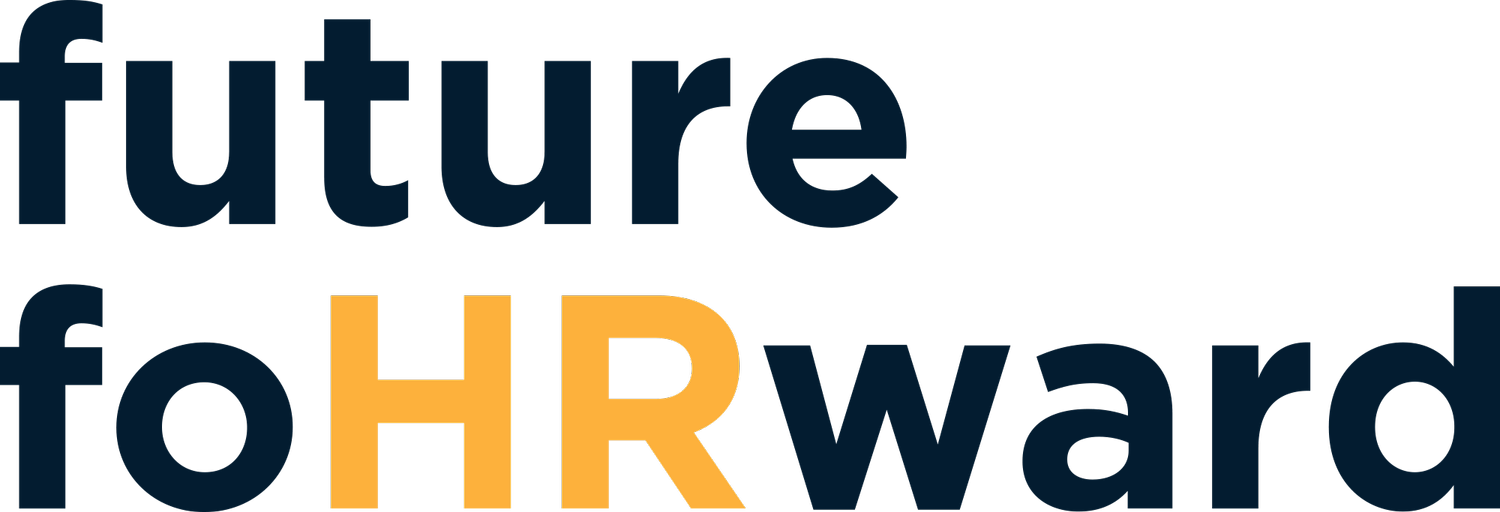the foHRsight podcast: The Evolution of HR: From Value Maps to AI-Powered Workforce Transformation
In a compelling conversation with Jeff Schwartz on the foHRsight podcast, we explore the remarkable journey of HR transformation - from its traditional roots to its AI-empowered future. As the former Deloitte senior partner and current VP of Insights and Impact at Gloat, Schwartz brings a unique perspective shaped by decades of pioneering HR innovation, including founding the influential Deloitte Global Human Capital Trends Report.
The Enduring Relevance of HR Value Creation
At the heart of HR's evolution lies a fundamental principle that Schwartz established decades ago but remains surprisingly relevant today. "Start with the business problems and business value. Don't start with an HR optimization mindset," he emphasizes, pointing to the enduring impact of the Human Capital Value Map he developed at Deloitte.
This foundational framework identifies four key drivers of value:
- Growing revenue
- Managing costs
- Asset efficiency
- Future expectations
From Prediction to Reality: The Journey of Human Capital Trends
This enterprise-focused approach laid the groundwork for what would become another of Schwartz's lasting contributions to the field - the Deloitte Human Capital Trends Report, which he initiated in 2011. Looking back at these reports reveals an almost prophetic understanding of where HR was headed.
Some of the most striking predictions that have since become reality include:
2013: "The War for Talent has moved from the recruiting front to the internal organizational development and mobility front"
2015: "Machines as Talent" - presaging today's AI collaboration era
2017: "Rewriting the Rules for a Digital Age"
2019: Evolution from jobs to "super jobs"
"We actually know more about the future than we sometimes let on," Schwartz reflects, invoking William Gibson's observation that "the future is here, it's just unevenly distributed." This insight proves particularly relevant as we examine how these early predictions have shaped today's HR landscape.
Embracing the AI Revolution
As these predictions continue to materialize, we find ourselves in what Schwartz calls "the year of agentic AI." This transformation represents more than just technological advancement - it signals a fundamental shift in how we approach workforce development and human-machine collaboration.
Building on this evolution, Schwartz introduces a compelling concept: "one company, multiple careers." This approach addresses a critical challenge in today's workplace - creating more attractive growth opportunities within organizations than those available externally. The goal is to develop what he terms "a way of dynamically helping people explore and build their skills in their organization."
The Strategic Sunrise: A New Approach to Workforce Development
This philosophical shift finds practical application in what Schwartz calls the "sunset-to-sunrise strategy," brilliantly illustrated by Standard Chartered's innovative approach to workforce transformation. Their comprehensive strategy involves:
1. Identifying work that will "sunset" in the next 3-7 years
2. Mapping emerging "sunrise" roles and skills
3. Using AI to analyze current workforce capabilities
4. Creating pathways from sunset to sunrise roles
The results speak for themselves: "It saved about $49,000 a worker to do this sunset to sunrise re-skilling exercise versus hiring people from the outside," Schwartz notes, demonstrating the tangible benefits of internal talent development.
Seizing the 2025 Opportunity
As we navigate through 2025, Schwartz identifies a crucial moment for HR professionals. "Leaders get to pick the questions and frame the challenges they're gonna be working on," he explains, emphasizing the importance of strategic balance in several key areas:
- Evolution (optimization) vs. Revolution (transformation)
- Execution vs. Exploration
- Current operations vs. Future opportunities
This balance becomes particularly critical as organizations grapple with unprecedented technological change. "These are not HR problems, these are business problems," Schwartz emphasizes, advocating for broader, more collaborative solutions that span entire organizations.
Cultivating Growth in Times of Change
Looking toward the future, Schwartz offers both a challenge and an inspiration. "2025 will be a year of consequence," he predicts while emphasizing the importance of maintaining an optimistic, growth-oriented mindset amid rapid changes.
Perhaps most importantly, he reminds us that perspective is a choice: "We get to choose the emotional frame that we're gonna bring to the year." This mindset shift transforms the daunting backlog of transformation work into an opportunity for meaningful impact and positive change.



